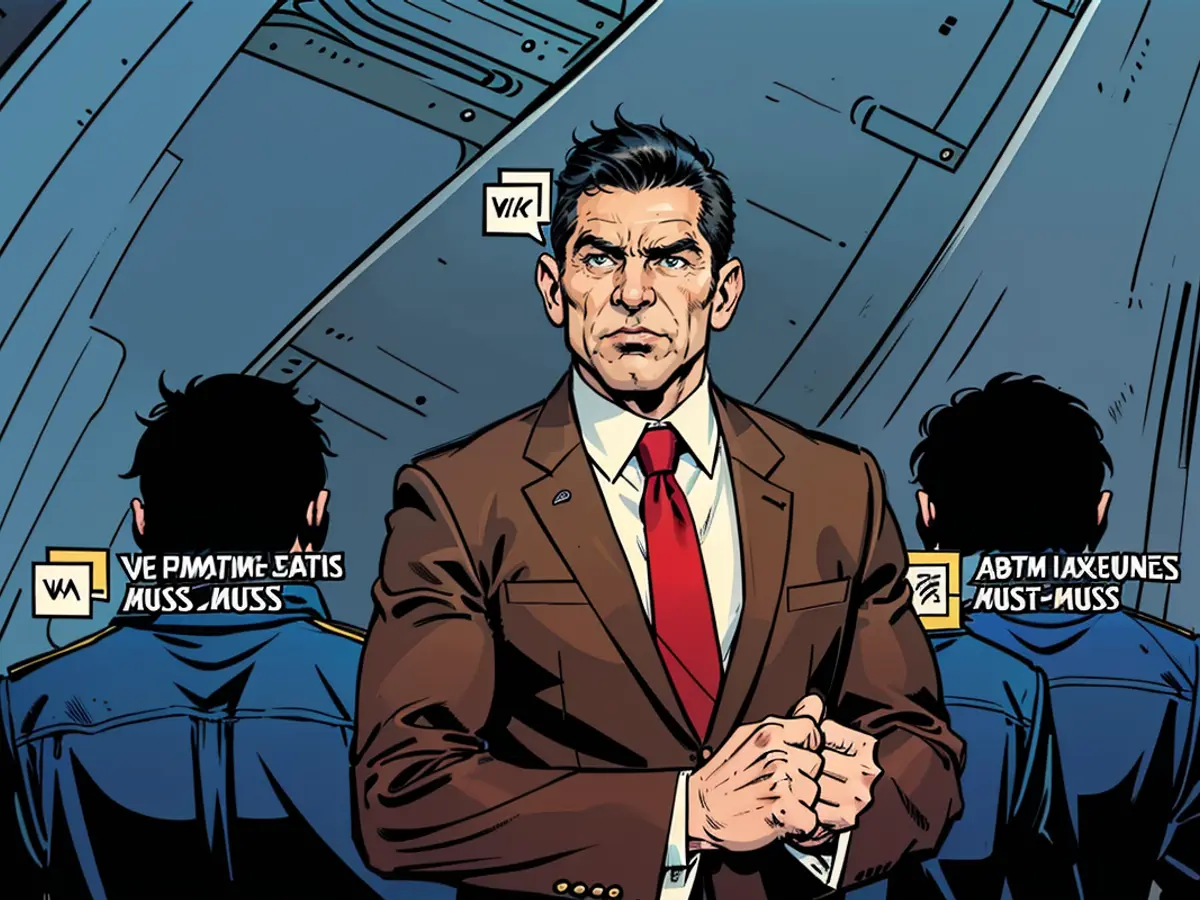The mediation panel arrives at settlements.
The mediation panel has reached settlements on five laws in the course of refurbishing railway lines and transport laws. Notably, breakthroughs have been made in the digitalization of courts and authorities. Bundesrat President Manuela Schwesig affirmed this following a meeting in Berlin. Previously, the Bundesrat had derailed these plans. The anticipated adjustments now require approval from the Bundestag and the Bundesrat.
Railway line maintenance for timely trains
A renovation of the Federal Railway Construction Act institutes that the federal government could contribute directly to maintaining and preserving the railway system, instead of only investment in constructions. This impending legislation is paramount for the overall refurbishment of critical railway lines. By 2030, trains intend to fully upgrade 40 overloaded lines to transcend punctuality and improve reliability altogether. Renovation of the Riedbahn between Frankfurt and Mannheim, which will temporarily close nearly half the line, starting in July of this present year.
Federal Transport Minister Volker Wissing proclaimed: "We're instigating a revolutionary shift for the German railway infrastructure." Wissing, the FDP politician, commended the plans as benefiting railroad patrons by prioritizing infrastructure. FDP parliamentary faction vice-chairwoman Carina Konrad regarded the developments as terrific signals to the people using trains. Contrastingly, SPD parliamentary faction vice-chairman Detlef Müller asserted that investment along with maintenance, repairs, and renovation were imperatively essential.
The cost debate cleared
The federal government and the states were at odds regarding who would reimburse bus replacements. Per a proposed amendment, the states would sustain 50%, the federal government 40%, and the train company 10% of bus replacement service costs.
Furthermore, the federal government would gain additional discretion in funding railway infrastructure expenses, including digitizing on-train technology. Under the revised law, the federal government would assume financial responsibility for overall train structure. Flege, the director of the Alliance for Rail, stated: "For decades, train stations had to finance their buildings mostly through rental income. This resulted in the sale or poor upkeep of station buildings where rental income proved insufficient. Now, the federal government will takeover financial responsibility for the edifices; the railroads will manage commercial interior spaces."
The updated Road Traffic Act envisions superior room for cities and various municipalities, including perking up bus lanes and low-speed zones. From now on, factors such as traffic harmony, safety, climate change, comfort, and urban development should be considered for improvisation.
Safety signaled
Safety should no longer be compromised as it has been previously. The law enacted by the Bundestag mandates improved environmental protection, health, and urban development, aligned with safety and harmonizing traffic. In the mediation committee's proposed amendment, priority is accorded to current conditions while maintaining safety.
A common digital account for citizens' interactions with authorities
The new Online Access Act (OZG 2.0) entails a distinct electronic account for residents, intended to facilitate online communication with federal authorities. A standard, the Germany ID, will drive collaborations with authorities. Inside the current administration, Interior Minister Nancy Faeser applauded the achievement. The SPD personality assured: "Administrative duties can be conducted purely online, netting out the requirement of visiting offices." Faeser pursued, "Signatures on paper will be eradicated as well. Many certifications will be submitted just once."
Effortless court processes through video conferencing
Oral hearings in legal proceedings might soon proceed via video conferences. Existing policy already permits such conferences in financial courts, specifically at civil courts. In the future, requestors employing video conferences would be warranted in civil, labor, and social courts.
The OZG 2.0 would encompass the federal governmental authorities but purportedly be applicable in state and municipal governments. The upcoming legislation will stipulate a committee to define binding standards for all stakeholders, ensuring the avoidance of different programs within the administration for the same purpose.
The documentation of court proceedings is still a subject of debate. The Bundestag and Bundesrat have reached a consensus that the use of technology for image and sound transmission necessitates "appropriate cases" and "enough capacity." However, the chairman of the court is only permitted to reject such applications briefly.
The process of recording court hearings has been a contentious issue. Although the legislature has agreed that video recordings may be possible in the future, there are still disagreements on whether it should be compulsory. The SPD and the Greens argue in favor of mandatory documentation to bolster transparency and avoid manipulation, while the CDU/CSU and FDP oppose the mandate, citing potential breaches of privacy and the fear of a "Big Brother State."
The Bundestag's legal affairs committee has approved the documentation of court proceedings, but this decision is not yet legal. The final decision will be made by the Bundestag and Bundesrat.
The regulations pertaining to virtual participation in negotiations, where countries are responsible for issuing specific guidelines, extend until 2033. If approved, all participants could join virtually. But typically, at least the judge presiding over the case must be physically present in the courtroom.
However, there's no agreement on recording main hearings. As per the reform plans, sound is to be recorded and then transcribed. Additionally, video recordings should be permitted. These innovations should be tried out in a test run at regional higher courts. Nevertheless, states are uncertain about the requirement, worried about the protection of victims, and concerned about excessive effort.
Read also:
- The mediation committee, which includes representatives from the Federal Council and the German Bundestag, has discussed investments in infrastructure for German Railways, focusing on transport policy.
- The Federal Council and the German Bundestag have agreed to a proposal where the states will cover 50%, the federal government 40%, and German Railways 10% of the costs for bus replacements during rail line maintenance. This decision is crucial for maintaining train punctuality and reliability, as outlined in the mediation committee's amendment.
- The Federal Council and the German Bundestag have established a mediation committee to tackle contentious issues, such as the documentation of court hearings, in an effort to improve safety, environmental protection, and urban development in Germany's transport policy.








